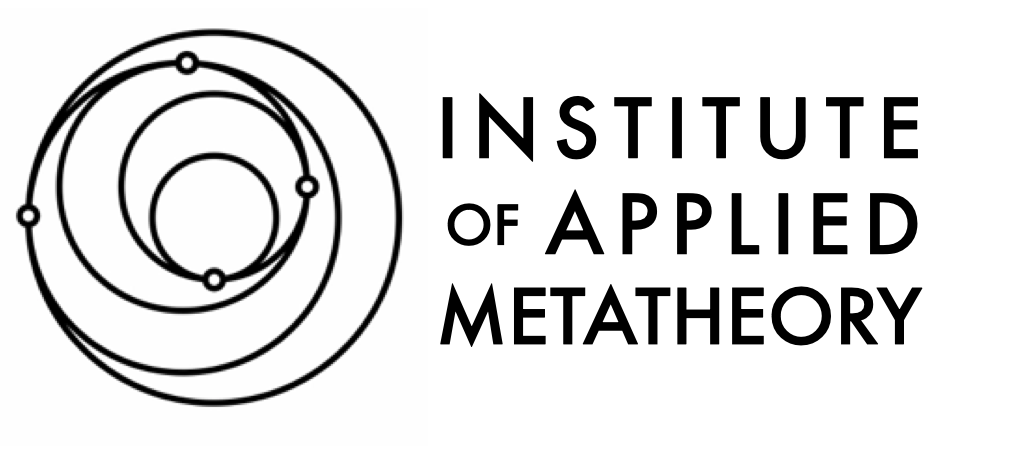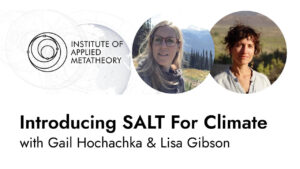
Executive Summary
Problem Identified
Climate change represents one of the most pressing challenges of our time, with the IPCC (2022) reporting that changes to lifestyles and behavior have significant potential for reducing global greenhouse gas (GHG) emissions. However, climate action is not gaining the traction needed to avoid catastrophic impacts. This is partly because “human behavior is as complex as the phenomenon of climate change itself” (Rishi 2022), and the psycho-social dimensions of climate change are not well integrated into climate action plans.
Even in countries committed to transitioning to a net-zero economy, such as Canada (the 10th largest contributor of GHG emissions), the full potential of climate initiatives is limited by differing social perceptions of the nature of the climate problem and what should be done about it. Well-designed climate policies often face backlash or are dropped due to poorly executed engagement processes, insufficient social buy-in, emerging anti-climate narratives, and polarization.
Approach
The Sensemaking, Action, and Leadership Training (SALT) for Climate initiative proposes an integrative turn in climate action engagement. By drawing on cutting-edge climate research, nuanced facilitation in human interiors, and Big Picture metatheories, SALT for Climate seeks to help climate actors address the psychosocial blindspots in prevailing technical, scientific, and philosophical paradigms.
Key components of the SALT for Climate approach include:
- Designing and delivering virtual recorded training sessions for skill-building in high-impact climate leadership domains
- Convening and facilitating a Climate Leaders Forum of half-day hybrid sessions exploring deeper, integral climate communications and engagement that address a) Motivations, b) Worldviews c) Values, and d) Climate Change Discourses
- Developing social, emotional, and consciousness capacities for a holistic response to climate change, moving from perceiving climate change as a technical problem to construing it properly as a challenge of transformative change
- Employing Integral Philosophy and transformation through greater levels of complexity to enact climate action as an all-quadrant, all-level transformative affair
- Expanding on existing research and networks, including Dr. Gail Hochachka’s postdoctoral work and the ‘Sensemaking Climate’ sessions
Transformational Thesis
Our theory of change posits that climate action leaders—in deeper integrative sensemaking and more skillful leadership—are the long-lever available in the global response to climate change, and that comprehensive and integrative leadership approaches to address the complex, multi-causal nature of climate change are available. Specifically, we believe that by incorporating more robust metatheory into their strategic planning and execution, climate leaders can better understand and address the full spectrum of factors influencing climate action, from personal values and emotions to cultural narratives and systemic structures.
The SALT for Climate initiative aims to catalyze this transformation by:
- Bridging the disconnect between climate policies and public perception
- Enhancing the emotional, social, and consciousness capacities of climate leaders
- Fostering deeper public engagement and support for climate action
- Creating a multisectoral process that inspires transcendent collective-action and collective-identity, broader than any one silo
What’s at Stake
For individual climate action organizations, what’s at stake is their effectiveness in addressing the complex challenges of climate change. By adopting more integrative approaches, these organizations can increase their impact, potentially leading to:
- Better connection between climate action agendas and what people value in their daily lives
- More resonant and effective climate policies with far less activation of cultural allergies
- Increased public support and engagement in climate initiatives
- Enhanced ability to navigate and mitigate societal polarization around climate issues
For society as a whole, the stakes are even higher. A more effective approach to climate action could lead to:
- Accelerated progress towards emissions reduction targets
- More resilient communities better prepared for climate impacts
- A just transition to a sustainable, low-carbon economy
- Reduced social and political tension around climate issues
- Preservation of a livable planet for future generations
Success Benchmarks
- Increased participation and engagement in SALT Tasters and Climate Leaders Forum sessions, with growing representation from diverse sectors.
- Positive feedback and demonstrated application of learned skills by participants in their respective sectors, as evidenced by follow-up surveys and case studies.
- Measurable improvements in climate action implementation and public engagement, potentially tracked through policy adoption rates, public opinion surveys, and climate-related behavior changes.
- Successful scaling of the SALT for Climate approach to national contexts, indicated by partnerships with organizations outside the initial regional target area.
- Increased funding and support for organizations employing SALT for Climate approaches, suggesting recognition of their enhanced effectiveness.
- Evidence of shifts in public discourse around climate change, moving towards more integrative and action-oriented narratives.
Support Requests
- Funding to complement existing seed funding from Institute of Applied Metatheory, MakeWay and in-kind support from partner ZEIC, enabling full development and implementation of the SALT for Climate program.
- Metatheorists experienced in climate action and social change to advise and further refine the integrative approaches used in SALT for Climate.
- Partnerships with organizations interested in implementing SALT for Climate approaches.
- Networks that might be interested in disseminating SALT for Climate insights and methodologies to a broader audience of climate action leaders.
Get Involved
- Participate in upcoming SALT Tasters or apply to join the Climate Leaders Forum sessions.
- Volunteer to support the rollout of SALT for Climate programs.
- Support the scaling of SALT for Climate through funding, partnerships, or by implementing SALT approaches in your own organization.

